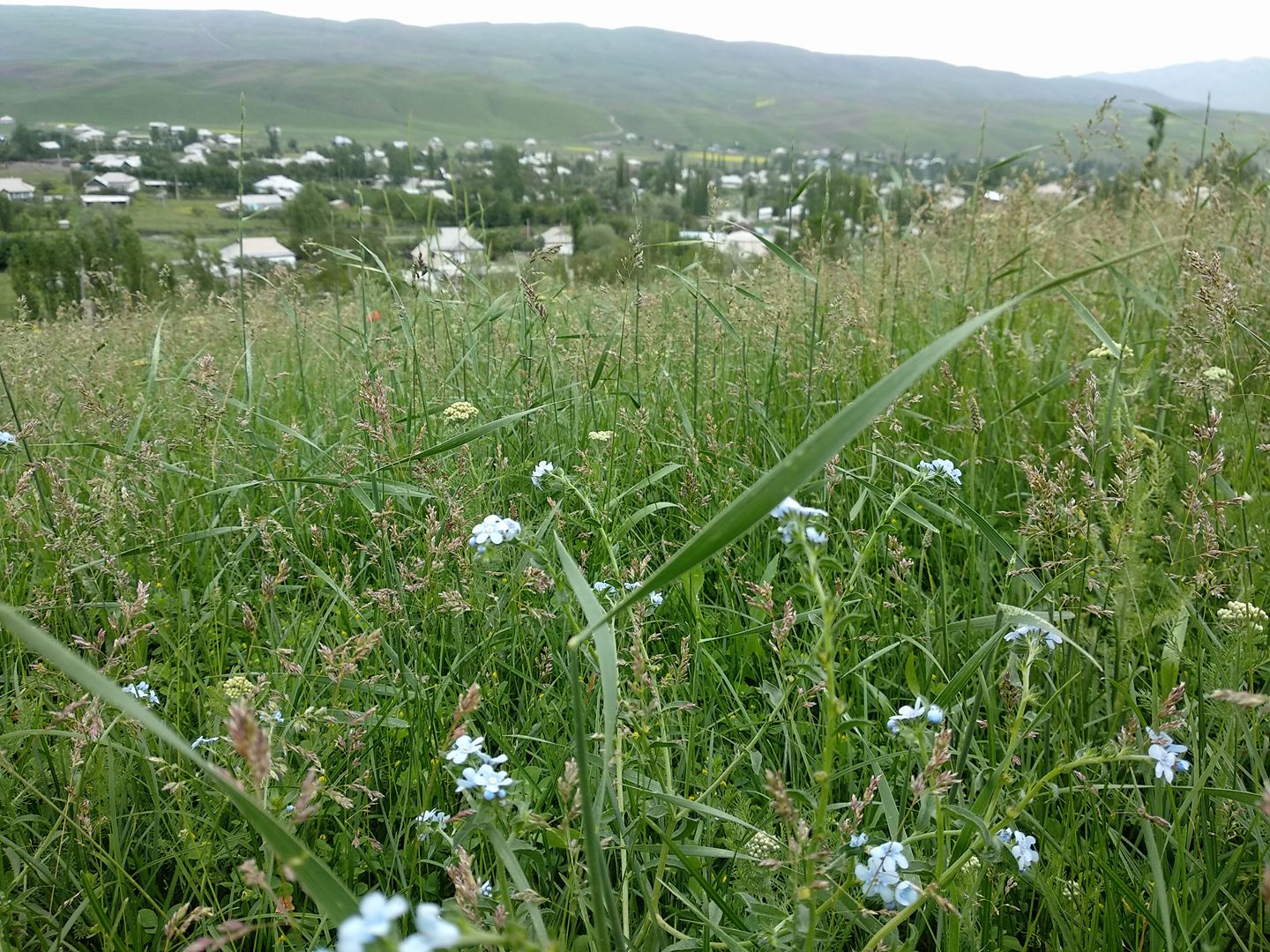 The practice of violent and non-consensual marriage, known as ala kachuu, is said to have its roots in nomadic customs of Kyrgyz tribes.
The practice of violent and non-consensual marriage, known as ala kachuu, is said to have its roots in nomadic customs of Kyrgyz tribes.
Ala kachuu is translated as “grab and run” and refers to the event when a man forcibly abducts his bride and brings to his family who for hours or days have been persuading her to consent to marriage. It’s performed by a prospective groom and his acquaintances, the victims are women under the age of 25.
According to the report by Ombudsman (Akyikatchy) of the Kyrgyz Republic, more than 20% of the marriages in the country occur through bridenapping. The data of the National Statistical Committee of the Kyrgyz Republic show that woman abduction for marriage in rural areas happens twice as often as in the urban areas.
Some of the kidnapped women escape after violent ordeals, but most are persuaded to stay by the fear of stigma associated with the status of a woman who does not accept the pseudo-traditional abusive patriarchal customs. As Eleri Bitikchi mentions in his interview to Azattyk, it makes sense to describe the bridenapping not as a culturally coherent ala kachuu but as a “zorduk”, i.e. act of violence, rape, abuse performed with criminal intentions that was never supported by our ancestors.
UNDP in Kyrgyz Republic collaboratively with Kyrgyz-based activists created the video that describes an ala kachuu scenario and the role of the bride, groom, their relatives and public authorities in surviving the case of violence.
The video with English subtitles is available on the GLORI Foundation’s channel on YouTube through the link below:
The same video with Russian subtitles is also available on the GLORI Foundation’s channel on YouTube through the following link:
Disclaimer: GLORI Foundation considers the ala kachuu as an unacceptable practice that involves the violent mistreatment and rape of women, and therefore is subject to criminal investigation.




















